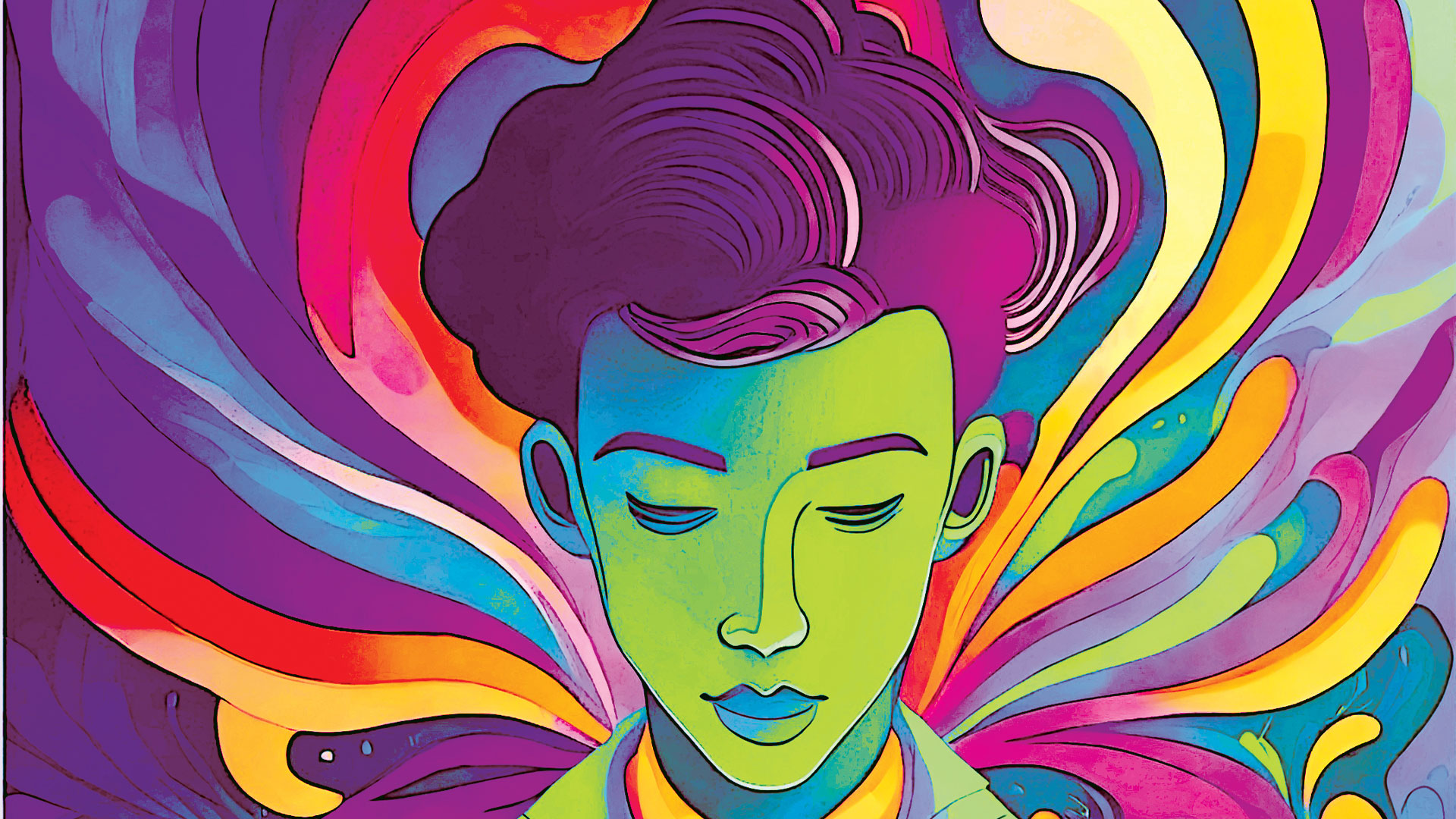Exploring Psychedelic Therapies: Research on Ketamine, MDMA, and Psilocybin for Mental Health

Drugs commonly associated with intoxication and recreational use such as Ecstasy, Magic Mushrooms, and Special K are gaining momentum as potential revolutionary treatments for mental illnesses. The conditions that they can potentially alleviate include depression, post-traumatic stress disorder (PTSD), opioid and alcohol addiction, eating disorders, among others.
Ketamine, which is the only legitimate psychedelic across the USA, is now being widely offered for infusion at clinics. There are high hopes for MDMA, commonly known as ecstasy, in its potential to cure severe PTSD. As a result, pharmaceutical companies are looking forward to getting it approved by the FDA.1 Psilocybin, a psychoactive compound found in magic mushrooms, may soon gain recognition for its efficacy in treating treatment-resistant depression.2
Enhanced with therapy before and after the administration, these psychedelics have assessed numerous patients' lives by alleviating their symptoms. An individual who took part in a psilocybin clinical trial for obsessive-compulsive disorder (OCD) reported a substantial decrease in his symptoms, with effects lasting for over a year.
Furthermore, this particular individual has also undergone ketamine treatments to manage depression, anxiety, ADHD, and complex PTSD. In comparison to cognitive behavioral therapy and prescription antidepressants, the individual found the psychedelic treatments more viable, citing the lack of severe side effects.
However, while patients are benefiting from psychedelic treatments, some psychiatrists and researchers have expressed their concerns. They believe that the pharmaceutical industry's race towards legalization is far too rushed and essential questions regarding long-term efficacy and safety remain unanswered.
Historically, psychedelics have been used in ancient Aztec civilizations and others for medicinal purposes. Around 1950, in Western culture, the potential of using psychedelics to treat mental disorders was recognized, leading to the publication of the first English-language paper citing their potential. By 1960, Sandoz Pharmaceuticals began manufacturing psilocybin and LSD. However, these drugs got caught up with the counterculture movement of the 1960s, and by 1970, they were banned, putting a halt to continued research on their potential for 30 years.
By 2000, psychedelic research resumed, with scientists from Johns Hopkins University studying the effects of psychedelics on behavior, brain function, learning and memory, and mood. In 2020, Johns Hopkins opened a research center dedicated to psychedelics. Following this, leading universities in the country have started conducting clinical trials assessing the therapeutic benefits of psychedelics on mental health disorders.
Antidepressants often need up to six weeks to take effect, but for patients in acute distress, waiting this period may not be practical. Ketamine treatment, on the other hand, has been shown to potentially improve mood after just one or two infusions, as per Gregory Barber, M.D., a psychiatrist, and author of “Ethical and Practical Implications of Psychedelics in Psychiatry.”
Proof of the paradigm shift these psychedelics offer is based on experiences of individuals who have benefited from such treatments. One such individual diagnosed with bipolar disorder and ADHD reported substantial relief from depression after undergoing ketamine infusions, stating it was the best drug they had ever used for depression.
Major depressive disorder (MDD) affects eight percent of Americans. While many seek treatment, close to 30 percent find no relief from standard antidepressants.4 This reality indicates the struggle that millions of Americans face daily, living with symptoms such as sadness, hopelessness, and suicidal thoughts that are challenging to alleviate.
Elizabeth Wolfson, Ph.D., a California psychotherapist who has been in practice for 30 years, says she has integrated ketamine into her therapy with “monumental” results. “It augments and deepens the work that people do in psychotherapy and accelerates the process in a way that I see as transformative,” she says.
Psychedelics’ powers to heal have been heralded in countless headlines, so it’s no surprise that the drugs have recently enjoyed a surge in popularity. According to the National Survey on Drug Use and Health, 7.1 million Americans used hallucinogens in 2020. Proof of a changing public perception is apparent in Oregon and Colorado, where citizens have voted to legalize psilocybin.
The drugs, however, are not without risk. When psychedelic use takes place outside therapeutic settings, the symptoms people are trying to improve may actually worsen. The “therapy” part of psychedelic-assisted therapy is essential to positive outcomes.
In clinical trials and at carefully selected doses, ecstasy, ketamine, and psilocybin have produced generally mild side effects. When taken at higher doses, these drugs can cause disorientation, paranoia, and panic, which can lead to dangerous behavior, accidents, self-harm, and even suicidality. Other adverse effects include the potential for hallucinogen persisting perception disorder (a rare condition in which patients previously exposed to hallucinogenic drugs continue to experience distorted perceptions of the world around them months or years later), misuse, and abuse.
“The clinical trials have had very exciting results, but those results came in carefully controlled research settings with mental health professionals who have hundreds of hours of training,” Barber says. “It doesn’t mean that you will get similar benefits in other settings.”
Experts agree that large-scale research on the long-term effects of psychedelics is needed. Many aspects of how the drugs work, their long-term outcomes, safety concerns, and patient suitability for treatment are still not known.
“I’ve seen psychedelics transform people positively very quickly, but I’ve also seen it be very challenging for people both in the moment and after the experience,” Barber says. “Psychedelics are not going to be for everyone nor solve every problem.”




